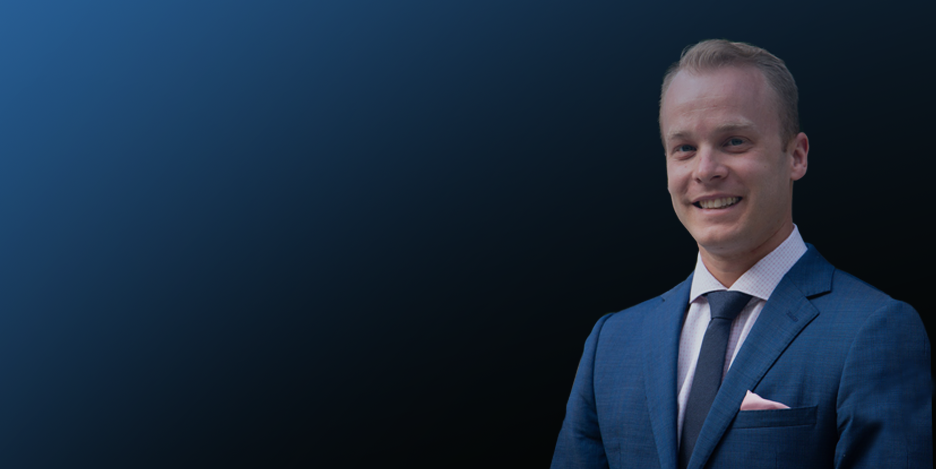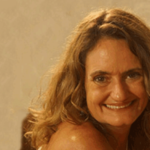Brandon Love is a magician, speaker, and author. He’s worked with thousands of people across North America, helping them learn to solve more problems, build better teams, and fulfill their potential, both personally and professionally. He is a certified teacher, hypnotist, and a member of the Academy of Magical Arts at the World-Famous Magic Castle in Hollywood. He is also a member of the Canadian Association of Professional Speakers, and is co-author of Brainsprouting: How to Become Fearlessly Creative & Have Better Ideas More Often.
Learn more at www.brandonlovemagic.com, or follow Brandon on social media:
Instagram: @brandonlovemagic
Twitter: @blovemagic
1. You’ve been studying magic for over 25 years. How did you become interested in magic and when did you realize it would be a lifetime passion?
One of my magic teachers has a thought-provoking (if a little abrasive) response when asked when he first got into magic:
“Perhaps the more revealing question to ask, is when did you fall out of magic yourself?”
This quip has always resonated with me, because I’ve been interested in magic for as long as I can remember. There was no real beginning for me. And I’ve come to believe that most of us are sort of born with an interest in a world of unseen possibilities and magical potential. If you’ve ever explored your imagination, you’ve been interested in magic.
What’s interesting to me is how people view magic as adults. Somewhere along the path many of us seem to lose touch with our imaginative selves and we view play and fun and curiosity as “below” us. We “fall out” of magic. It’s an unfortunate side effect of taking ourselves too seriously.
While I’ve always been interested in magic as a performance art, and I was gifted my first magic kit when I was 7 years old, I didn’t really see myself as a performer. When I was in university I discovered a style of magic known as street performing, and I started to realize that there might be a way to make money with my hobby. I didn’t have to have all the grand illusions, and exotic cats and burlesque dancers, I could perform close-up for people and that could be just as entertaining.
I suppose I really discovered my passion for magic as I became more and more interested in education. Not only is magic a wonderful tool to engage most students, but I also love what magic teaches us about the ways of the world, and the ways we come to understand the ways of the world. It’s here that magic offers us the most power, I think.
2. How are you using magic to change the status quo?
I love sharing magic with people, not just because it’s fun, but because it reminds us that we’re always missing something – everything we think we know might, maybe, possibly be wrong.
We’re always missing something, no matter how close we’re paying attention. This is a powerful idea – and while it’s not exactly new, the truth is that while most people agree that we’re always missing something, we also forget it all the time. And when we forget it – when we think we’ve got things figured out – that’s when we get ourselves into trouble.
When it comes to solving problems, we are less likely to be divergent in our thinking if we’re under the impression that we’ve seen all possible solutions. Remembering that we’re always missing something reminds us that there are possibilities dangling just beyond our perceptions, if only we can dig a little further.
When it comes to working with others, feeling like we’ve got things figured out closes us from engaging perspectives or ideas that challenge our own model of the world. When we remember the limits of our perceptions, everyone we meet becomes a teacher, and we open ourselves up to conversation and understanding.
Finally, even the judgments we make of ourselves are likely to be incorrect, or at the very least oversimplified. When we remember that we’re always missing something, we create space for our greater human potential, and we grow into opportunities.
Simply put, I use magic to remind people that we’re wrong, a lot. We’re all susceptible to what I call the Illusion of Knowing, and I believe learning to recognize our cognitive shortcomings will do us a lot of good.
3. You devote some of your time to The Beanstalk Project, an organization dedicated to helping students find meaningful career paths. How has your own path influenced the work you do?
When I was in high school I felt a tremendous pressure to have my life figured out before I graduated. That was in a time before social media and all its additional pressures. I can’t begin to fathom the tremendous weight on the shoulders of students these days when it comes to thinking about their futures.
In addition to the pressure to have things figured out, high school students often also have a perception that the path from graduation to career is a straight line.
The truth is that most adults I have the pleasure of meeting still don’t really have things figured out, despite all appearances. Not only that, but their path from high school has been an unpredictable journey full of twists, turns and tumult.
For my own part, I never imagined I’d be a professional performer, or a speaker, or an author. For many years I thought I would be a martial arts instructor. Then someone told me I should become a doctor, so I spent many years gunning for that. When I realized that wasn’t for me, I dropped out of college altogether and started working as a crane operator in a steel mill. When I decided to go back to school I made the choice NOT to care about what job I’d work, and instead followed my sense of curiosity – I transferred my major from science to the arts, opting to major in Philosophy and Psychology. Upon graduation an opportunity presented itself to go overseas and teach English – so I did that. And when that was done, I chose another opportunity. And then another. And eventually, my career path was punctuated by a collection of decisions made from my values, rather than a single decision made from someone else’s.
Part of our work with The Beanstalk Project involves busting myths about life after high school. Many students quit on themselves too soon as a result of undue pressure and misperceptions about their future options.
We aim to help students learn the “soft” skills like leadership, customer service and conflict resolution. The goal is to build a sense of empowered independence. We encourage their pursuit of what interests them, and hope that the skills they build can help them learn to make careers out of their passions. We believe everyone cares about something, and getting students to find out and connect with what they care about right now is the key to engagement not just in education, but as contributing citizens of a community as well.
Bold


